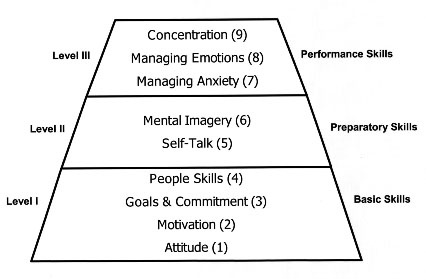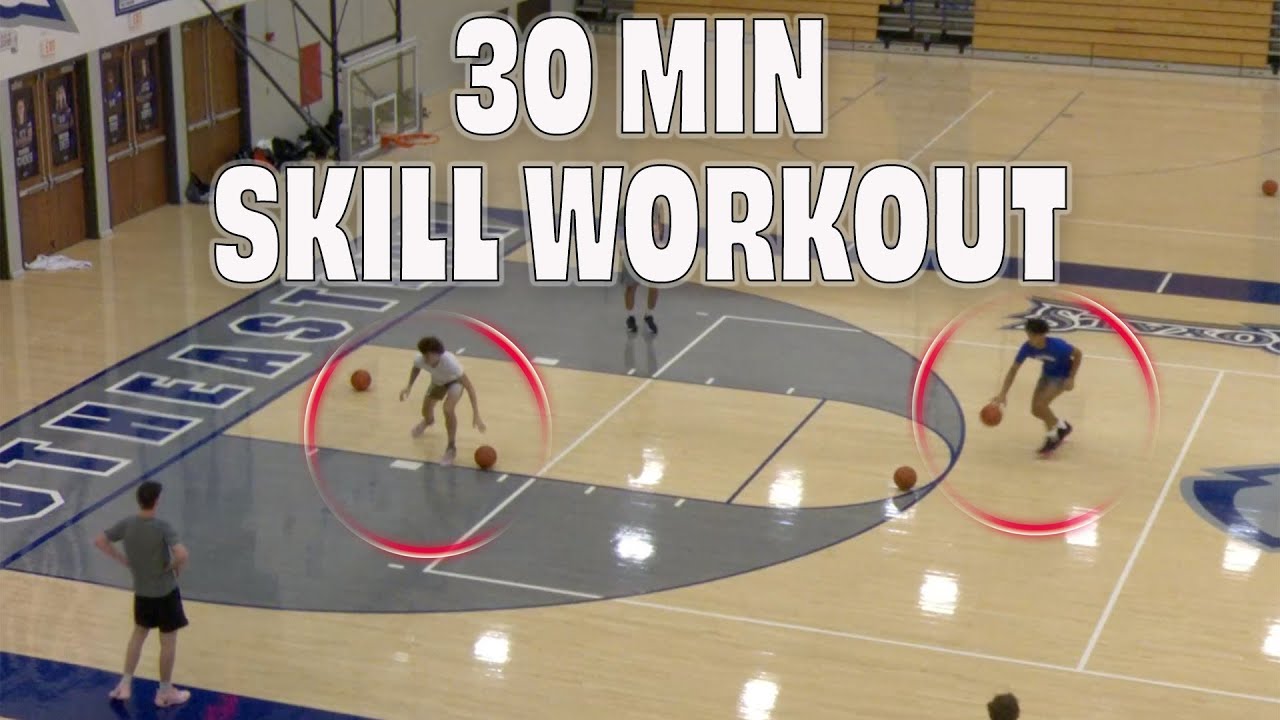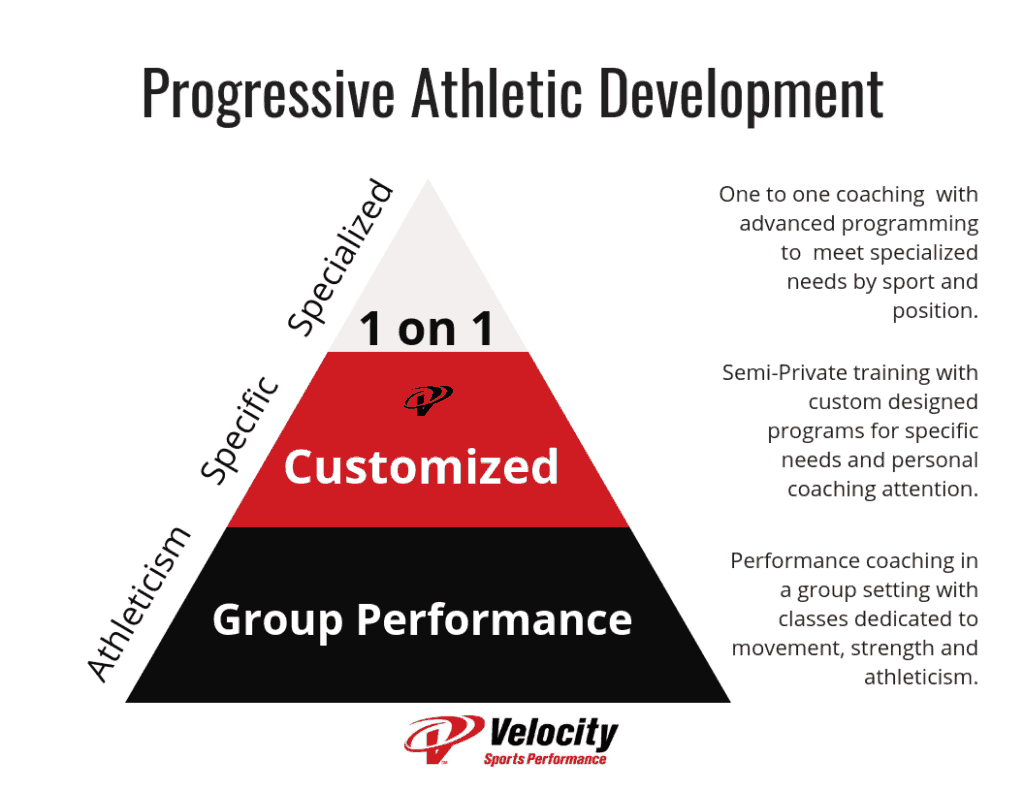Sports psychology is a field of research that has gained momentum in recent years as athletes become increasingly interested in the mental aspects of athletic performance. It is the science of how mental factors affect athletic performance, and how athletes can optimize their minds for success. In this blog post, we will delve into the power of sports psychology and how it can help you become a better athlete.
The Importance of Sports Psychology
Sports psychology is important because it helps athletes to understand that performance is not just about physical ability. Athletes need to have a strong mindset and mental resilience to overcome challenges and perform at their best. Mental toughness, optimism, and positivity are all important factors that can make a difference in an athlete’s performance. Sports psychology can help athletes to develop these important mental skills and use them to reach their full potential.
Some of the key benefits of sports psychology include:
1. Improved Focus – Sports psychology helps athletes to focus on their goals and identify the distractions that can hold them back. Learning how to stay focused on important tasks can help an athlete to perform better under pressure.
2. Increased Confidence – Sports psychology can help athletes to feel more confident and self-assured. This can lead to better performance and a more positive attitude to training and competition.
3. Better Coping Mechanisms – Athletes are often faced with disappointment, injury, and setbacks. Sports psychology can help athletes to develop better coping mechanisms and bounce back from setbacks more quickly.
4. Enhanced Motivation – Sports psychology can help athletes to learn how to motivate themselves and set realistic goals that are achievable. This can help to maintain motivation and avoid burnout over time.
Top Mental Skills for Athletic Success:
1. Visualization – Visualization is a powerful mental technique that can help athletes to improve their performance. By visualizing a successful outcome, athletes can increase their confidence and clarity of purpose.
2. Goal setting – Setting realistic goals can help athletes to stay motivated and focused on their training. It is important to set both long-term and short-term goals to maintain progress and momentum.
3. Positive self-talk – Positive self-talk is a tool that athletes can use to stay motivated and focused. By talking positively to themselves, athletes can increase their confidence and reduce anxiety.
4. Breathing Techniques – Breathing techniques can help athletes to stay calm and focused during competition. By focusing on their breath and controlling their breathing, athletes can reduce anxiety and improve performance.
Sports psychology is a powerful tool that can help athletes to achieve their full potential. By understanding the power of the mind and how it affects performance, athletes can use mental techniques to optimize their mindset for success. Whether you are a professional athlete or just starting out, sports psychology can help you to achieve your goals and become a better athlete.











